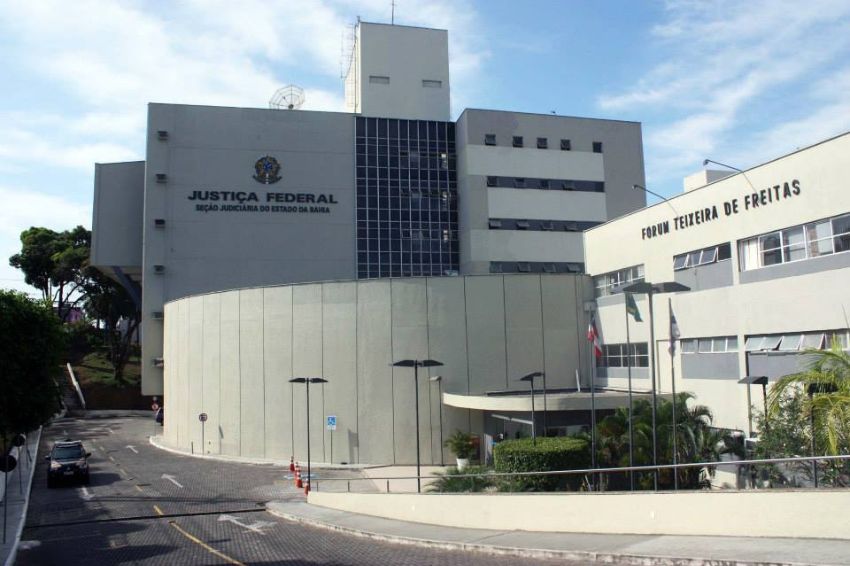A Justice of Bahia answered to one order collective writ of mandamus from ABahia Solar (Bahia Photovoltaic Solar Energy Association) Against the distributor Coelba (Electricity Company of the State of Bahia).
A sentence suspends the obligation of consumer units with photovoltaic systems in the state of suit to the criteria set out in the § 3 of Article 292 of Resolution 1,059/2023 from the ANEEL (National Electric Energy Agency).
As a result, all consumers B Optors associated with ABahia Solar will no longer be obliged by the distributor payable for the contracted demand to compensate for your energy surpluses.
Published in February 2023, the Normative Resolution 1,059/2023 was responsible for regulating Law 14,300. However, some interventions made by ANEEL in the text generated dissatisfaction in the solar energy sector.
One of them was the obligation for consumers to choose, which compensated their surpluses for consumer units remotely, have to pay for the contracted demand.
O consumer B Choosing is the one who, although it is served at medium or high voltage (Group A), can choose to be billed in the same way as Group B consumers, which do not have a demand contract with the energy distributor, as long as you follow some specific rules.
In that regard, such consumers would be exempt from paying the contracted demand, having to pay only the conventional electricity tariff. With ANEEL's measure, many distributors felt free to start making this type of charge with the B Optors.
Thiago Bao Ribeiro, lawyer specializing in DG (distributed generation) and CEO of Bao Ribeiro Advogados, explains that the publication of Law 14,300, in January 2022, brought specific criteria so that consumers, with distributed generation, could opt for Group B billing, or that is, B opting, as local generation and having a 112 KVA transformer. The existing condition before Law 14,300 was only to have a 112KVA transformer.
However, with the publication of Resolution 1059/2023, in addition to the requirement for local generation and 112 KVA traffic, it was determined that consumers B Opting from receiving and sending credits were banned. An innovation brought by the regulation, not foreseen in the law.
“So, what did distributors start to do? They started to cancel the billing by Group B of the companies that had the remote plant and that made this compensation. So, what happened to this market? The companies returned to Group A revenue or remained in Group B, but, in the latter case, without being able to use the energy from the installed plant, unless it was in the location where it is being consumed”, explained the lawyer.
The intervention of some distributors, as was the case with Coelba, was what motivated ABahia Solar to file a request for a security mandate to ensure that what was stipulated in Law 14,300 was complied with.
“All contracts signed in the past with distributors must be respected based on the legislation on the date they were signed. Contracts that were signed in January 2022 (after Law 14,300) onwards cannot be prohibited from sending or receiving credit, because this prohibition took place in February 2023 (with Resolution 1,059)”, explained Bao Ribeiro.
“So, the core of this discussion is compliance with the contract that the customer signed when he opted for Group B billing, according to the law in force on the date he signed the contract. That’s the point”, he highlighted.
The decision in favor of the solar energy sector was handed down by federal judge Ávio Mozar, from the 12th Federal Civil Court of the Judiciary Section of Bahia. This is a first instance ruling, which means that Coelba can still appeal.
Despite this, Boa Ribeiro says he believes that the magistrate's decision is unlikely to be reversed.
“In my opinion, the decision was very well founded by the judge, with strong jurisprudential precedents that determine compliance with administrative contracts signed by distribution concessionaires or any other public service, under the auspices of the legislation in force at the date of signing the contract” , pointed out the lawyer.
All content on Canal Solar is protected by copyright law, and partial or total reproduction of this site in any medium is expressly prohibited. If you are interested in collaborating or reusing part of our material, we ask that you contact us via email: [email protected].
















